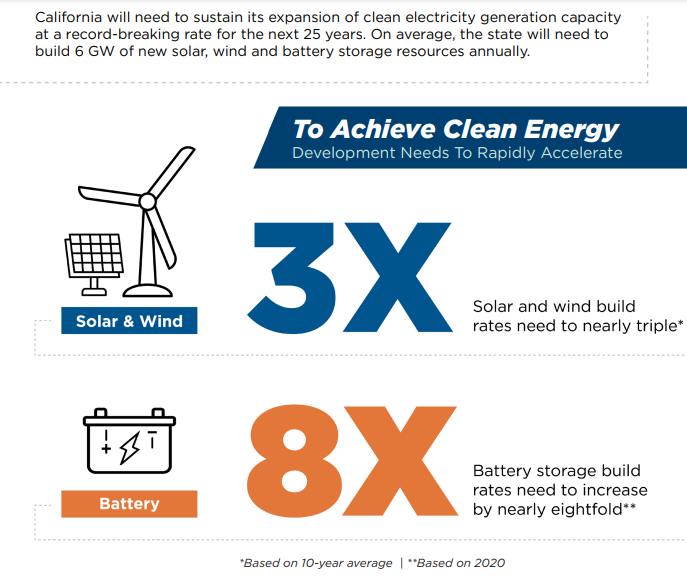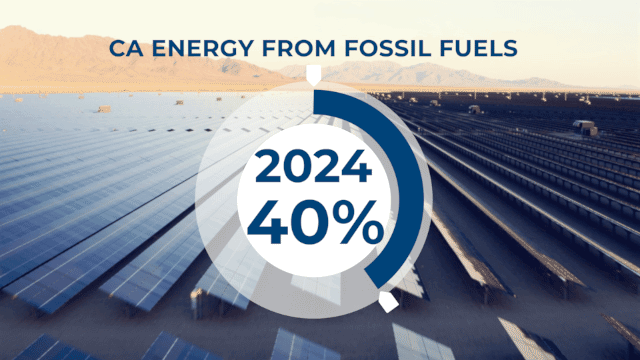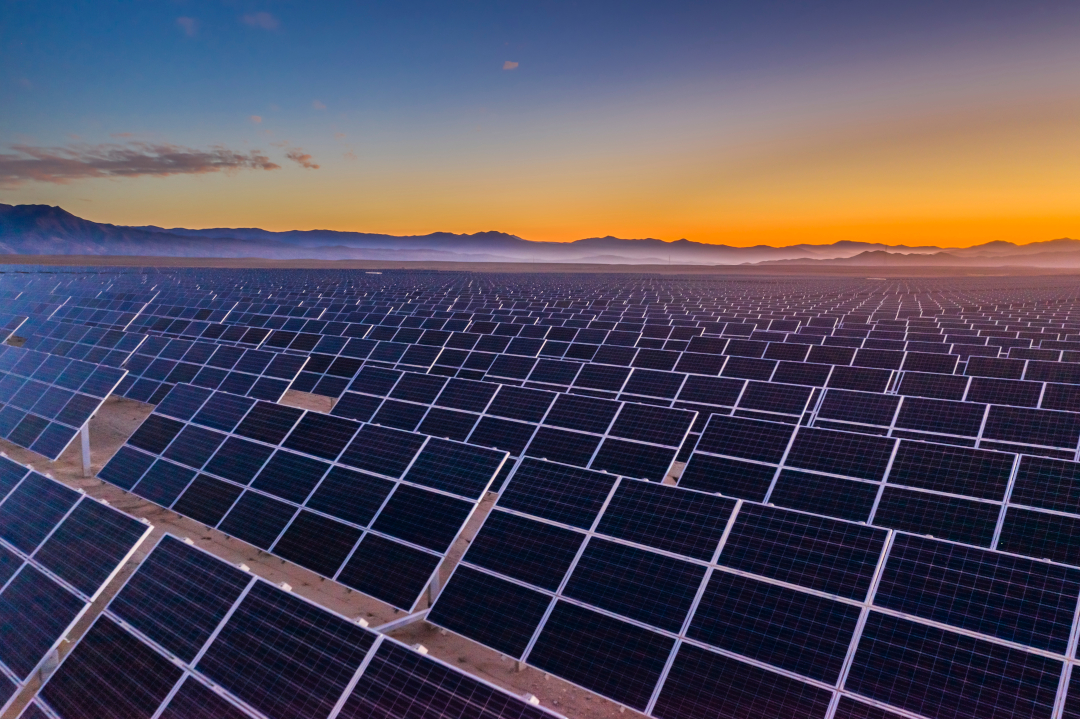
Climate Solutions
Advocacy Institute
Direct to EV Charging Solar Farm Solution
We propose that the state legislature pass a new bill that would enable solar farms on drought-fallowed farmland to directly sell electricity for charging EVs.
During the next 20 years, this simple legislative action would empower private capital to finance one of the most important climate mitigation and climate justice innovations in history, without adding any additional demand on an electricity transmission bottleneck that today prevents California from achieving its mandated zero emission 2045 goals.
California utility law currently grants a single entity, like PG&E, the right to be the sole provider of electricity in their exclusive territory. This enabling legislation would create an exemption from that law for owners of state-licensed solar farms, allowing these farms to sell electricity directly to the public for charging electric vehicles. All electricity sales would be generated from on-site solar panels and batteries. Since these solar farms would not be connected to the transmission grid, they would bypass the CAISO bottleneck of up to eight years for new grid connections.
This legislation would be a major step in making electric vehicles affordable and accessible to working and middle class people, especially lower income renters without access to at-home charging stations.
This unique legislative “bypass the grid” solution means that California would be able to electrify our polluting transportation sector within the next few decades without taxing an already overburdened transmission grid.
During the next 20 years, as much as 30 GW of solar energy could be added without requiring additional transmission grid capacity. This is nearly half of the 70 GW of utility scale solar generating capacity that California’s Joint Agency 2021 report on renewable energy projected would be necessary to reach a zero emissions electricity grid by 2045. And unlike utility scale solar farms, which otherwise must be located along transmission lines, these small EV charging station solar family farms could be located anywhere, reaching areas where larger commercial EV charging stations do not.


In the process, the new legislation would advance climate justice by bringing billions of dollars in revenue to thousands of small farmers and rural counties suffering from climate related drought, while providing California’s government with the critical implementation tools needed to address air pollution in the San Joaquin Valley, which is the worst in the state.
The economic fundamentals of direct sale solar EV farms are so advantageous, and the timetables unimpeded by transmission grid access so attractive, that billions of dollars of private investment capital could deploy enough charging stations to meet the growing number of electric vehicles, including trucks and tractors, which will replace all polluting gas powered vehicles sold in the state by 2035.
A 25 acre solar family farm, for instance, could power 20 super fast charging stations with 4 MW of solar panels and 6 MW of battery storage. Each charger could serve a dozen electric cars or a handful of buses, trucks or tractors per day, eventually drawing $2 million of revenue per year from an investment, after federal tax rebates, of just $6 million.
At the same time, the solar panels would shade the earth, and avoid the worsening air pollution in the Central Valley that is expected from dust bowl conditions that emerge on drought-fallowed lands.
Importantly, this new law would overcome the overwhelming regulatory bottleneck that has created an 8 year interconnection wait to gain access to the transmission grid. It would allow solar farms to be placed almost anywhere they are needed, regardless of transmission resources.
The Solar Farm EV Charging Station bill would designate that participating farms would be treated, by zoning and regulatory law, not as though they were repurposing their land, but instead, as if they are farming a different crop: renewable energy.

The Solar Farm EV Charging Station bill would also:
1. Enable thousands of decentralized small solar family farms to realize the full value of their electricity without having it marked up by utility companies which today control access to and from the grid.
2. Provide locally accessible, lower cost renewable energy powered EV and tractor charging to areas underserved by major transmission lines and commercial charging stations.
3. Enhance resilience & national security: This new network of thousands of off grid solar powered charging stations would be secure from transmission grid blackouts caused by fires, earthquakes, criminal ransomware or terrorism. Should power go out, Californian’s would still be able to find direct charging for their electric vehicles, especially emergency vehicles.
4. Provide a tool to enhance CARB’s polluting vehicle trade-in programs. Because these lower cost charging stations could be located in underserved heavily polluted areas, the California Air Resources Board could expand its rebate programs to the state’s poorest people, who now drive the most polluting cars, trucks, tractors and farm equipment in the state.

The Climate Solutions Advocacy Institute is a new project of Informing to Empower, a California-based educational 501(c)3 non-profit organization.
Informing to Empower’s past projects include the Candidates Video Debate, launched in 2020, and InformYourVote.org which, in 2021, was the most widely used online voter education resource for the NYC Mayoral election, then largest ranked choice voting contest in U.S. history.